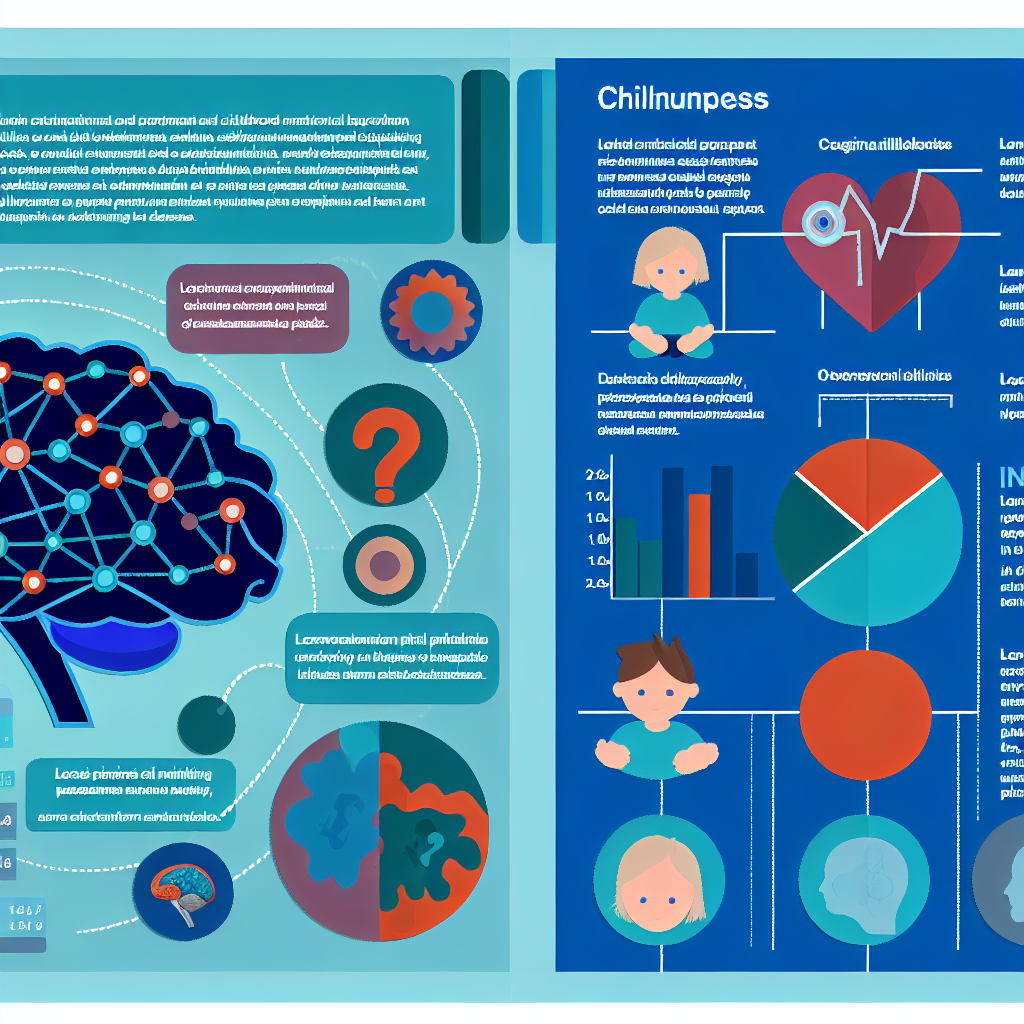Impact of Lifestyle Choices on Sleep Health in China
Sleep health is an essential component of overall well-being, influencing everything from mental health to physical health. However, in today’s fast-paced world, particularly in rapidly developing countries like China, sleep deprivation and poor sleep quality are emerging as significant public health concerns. Recent research highlights how various lifestyle choices can have profound effects on sleep health.
The Current Sleep Landscape in China
According to studies, the prevalence of sleep disorders among Chinese adults has been increasing alarmingly. Factors contributing to this trend include:
- Urbanization: With urban populations rapidly expanding, people are often subjected to more stress and changing work patterns that disrupt sleep.
- Technology: The ubiquity of smartphones and computers leads to increased screen time, especially before bed, affecting the body’s natural circadian rhythms.
- Cultural Shifts: Modern lifestyles often prioritize work and productivity over rest, leading to chronic sleep deprivation.
Lifestyle Choices Affecting Sleep Health
The interplay between lifestyle choices and sleep health is multifaceted. In China, certain habits are particularly influential:
Diet
Nutrition plays a crucial role in sleep quality. A balanced diet rich in vitamins and minerals can promote better sleep, while unhealthy eating habits can lead to insomnia and other sleep issues. Key points to consider include:
- High Sugar Intake: Diets high in sugar and unhealthy fats can lead to weight gain and metabolic disorders, both of which are linked to poor sleep.
- Caffeine Consumption: Many individuals consume caffeine to cope with busy lifestyles, which—when ingested late in the day—can severely hinder sleep quality.
- Meal Timing: Eating large meals close to bedtime can cause discomfort and disrupt sleep. It is recommended to finish eating at least 2-3 hours before sleep.
Physical Activity
Regular physical activity is known to improve sleep quality. However, many people in urban China are increasingly sedentary. Important considerations include:
- Exercise Timing: Exercising in the morning or early afternoon can help to establish a healthy sleep rhythm, whereas late workouts can disrupt sleep cycles.
- Walking and Commuting: Short walks or other forms of mild activity can prevent prolonged sedentary behavior and improve sleep without requiring major lifestyle changes.
- Outdoor Activity: Engaging with nature during the day can help regulate circadian rhythms and promote better sleep at night.
Stress Management
With the relentless pace of modern life, managing stress effectively is essential for sleep health. Strategies to manage stress include:
- Meditation and Mindfulness: Employing techniques such as meditation and deep breathing can help calm the mind and promote relaxation.
- Time Management: Effective time management skills can reduce work-related stress and make room for sufficient downtime.
- Hobbies and Interests: Engaging in enjoyable activities can serve as a healthy distraction from daily stressors and improve overall mental well-being.
Implementing Changes for Better Sleep Health
To tackle the issues of sleep deprivation in China, it’s essential to adopt sustainable lifestyle changes. Here are some actionable steps:
- Establish a Sleep Routine: Going to bed and waking up at the same time each day can help regulate the body’s internal clock, enhancing sleep quality.
- Create a Sleep-Friendly Environment: Keep the bedroom dark, cool, and quiet. Consider using blackout curtains and white noise machines if necessary.
- Limit Technology Usage: Reducing screen time, especially in the hour leading up to bed, can prevent the disruption of natural sleep signals.
Community Awareness and Education
Raising awareness about the importance of sleep health is vital. Public health campaigns and educational initiatives can:
- Encourage Healthy Habits: Teach the community about the interplay between diet, exercise, and sleep.
- Promote Mental Wellness: Integrate stress management resources that emphasize the importance of mental health for sleep quality.
- Provide Sleep Resources: Offer free workshops and informational sessions that focus on improving sleep hygiene and breaking negative habits.
Conclusion
In conclusion, the impact of lifestyle choices on sleep health cannot be overstated, particularly in the context of China’s dynamic socio-economic landscape. By focusing on healthy eating, regular exercise, effective stress management, and fostering community awareness, significant strides can be made in improving sleep health.
As we embrace the complexities of modern life, let us not forget the simple yet profound truth: good sleep is not a luxury but a necessity. By making conscious lifestyle choices, we can foster improved sleep health for individuals and communities alike.
For anyone struggling with sleep issues, integrating these practices into daily life may hold the key to achieving better sleep and, consequently, a better quality of life.




